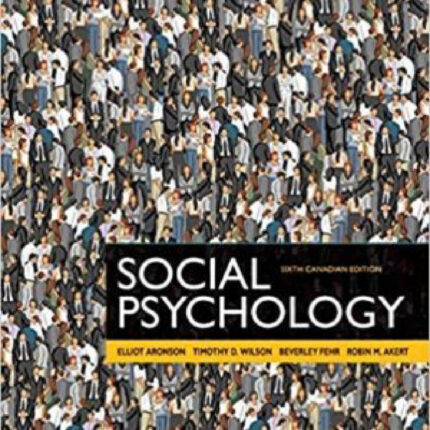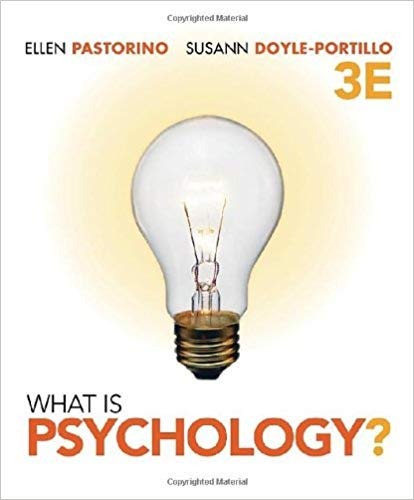Theories of Personality, 6e (Cloninger)
Chapter 11 (KELLY)
Multiple Choice
1) According to the text, one of Richard Nixon’s personal constructs was
A) “responsible versus selfish.”
B) “white versus black.”
C) “us versus them.”
D) “male versus female.”
Answer: C
Difficulty: 3, pp. 211
Question Type: Conceptual
2) Because they both thought in terms of privacy and power, Nixon and Kissinger could relate well to one
another, according to Kelly’s __________ Corollary.
A) Choice
B) Commonality
C) Modulation
D) Sociality
Answer: D
Difficulty: 3, p. 212
Question Type: Conceptual
3) In order to emphasize that his theory was concerned with the “nature of the animal” rather than with
environmental forces, Kelly called his theory
A) a person-centered theory.
B) a naturalistic theory.
C) a humanistic theory.
D) a jackass theory.
Answer: D
Difficulty: 2, p. 213
Question Type: Factual
4) Kelly was most disturbed by the __________ in Freud’s theory.
A) focus on sexuality
B) loose definitions
C) anti-religious sentiment
D) distrust of consciousness
Answer: B
Difficulty: 3, p. 214
Question Type: Factual
5) Kelly proposed a metaphor of man as
A) creator.
B) architect.
C) scientist.
D) zookeeper.
Answer: C
Difficulty: 1, p. 214
Question Type: Factual
6) Kelly called his underlying philosophical assumption “__________.”
A) logical positivism
B) constructive alternativism
C) physiological determinism
D) humanistic science
Answer: B
Difficulty: 1, p. 214
Question Type: Factual
7) Kelly’s theory is based on the assumption of
A) hedonic relevance.
B) functional analysis.
C) constructive alternativism.
D) cognitive dissonance.
Answer: C
Difficulty: 1, p. 214
Question Type: Factual
8) According to Kelly’s fundamental postulate, psychological processes are channelized by
A) experience in childhood.
B) patterns of drive satisfaction.
C) unfulfilled needs.
D) how a person anticipates events.
Answer: D
Difficulty: 2, p. 215
Question Type: Factual
9) According to Kelly’s Construction Corollary, people anticipate events by construing their
A) causes.
B) effects.
C) situational constraints.
D) replications.
Answer: D
Difficulty: 2, p. 216
Question Type: Factual
10) Kelly’s concept of __________ helps understand unconscious and emotional experience.
A) constructive alternativism
B) the Dichotomy Corollary
C) preverbal constructs
D) preemption
Answer: C
Difficulty: 2, p. 216
Question Type: Factual
11) If you ask George to explain how he feels about his father, he has little to say. Yet every time his
father is mentioned, he becomes tense. Kelly would explain this with his concept of
A) preverbal constructs.
B) preemption.
C) hostility.
D) threat.
Answer: A
Difficulty: 2, p. 216
Question Type: Conceptual
12) According to Kelly, preverbal constructs are useful for understanding
A) conscious goals.
B) psychosomatic disorders.
C) creativity.
D) vocational choice.
Answer: B
Difficulty: 3, p. 216
Question Type: Conceptual
13) Kelly explained personality change as a result of
A) adjusting to environmental pressures.
B) universal stages of development.
C) stages of development which vary with each culture.
D) successive constructions of the replications of events.
Answer: D
Difficulty: 2, p. 216-217
Question Type: Factual













Reviews
There are no reviews yet.